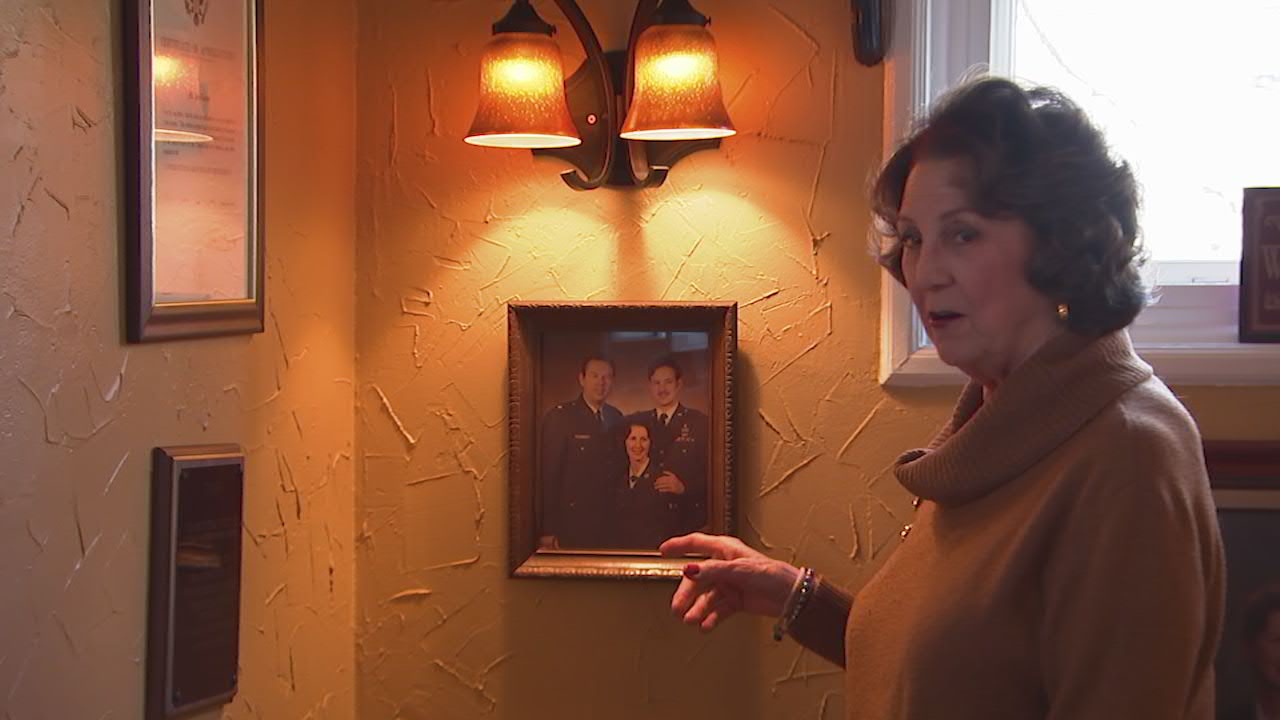Art of Aging: Retrospective of Germantown artist on display at Woodmere Art Museum

PHILADELPHIA (WPVI) -- It's been said that our experiences shape our lives, and for Barbara Bullock it shows in her work.
Her emotions flow from her heart to the paper.
"I always want to paint," says artist Barbara J. Bullock. "It's like a language."
She says pieces are like "the artist speaking."
Bullock spent her early childhood in North Philadelphia.
"I also lived in the south with my grandparents," she says. "My mother passed when I was 12."
She progressed from drawing to painting and often works with a French watercolor.
"Drawing my friends was probably the start of me really thinking about people, and about forms, and personalities," she says.
Bullock was a young adult during the Civil Rights Era.
"There were always questions about who you are and the way you're being treated," she says. "I began to meet like a lot of the artists from PAFA."
She says they talked about the challenges they faced as Black artists.
"We couldn't get our work into galleries," she says.
Now, a retrospective of her work is on view at the Woodmere Art Museum in Chestnut Hill.
"I feel deeply honored," says Bullock.
It's called Barbara Bullock: Fearless Vision.
"Barbara is somebody that has pursued what she was compelled to make as an artist, regardless of what other people have ever thought," says Bill Valerio, Director & CEO of the Woodmere Art Museum.
Valerio met Bullock about 20 years ago when she was teaching art to kids.
"She sculpts with paper," he says. "And they're beautiful."
"I worked with figures for a long time," says Bullock. "And I didn't want to do what anybody else is doing."
Her work has evolved from static pieces to three-dimensional collages.
She has very personal works on display, like the piece titled, Stories My Grandmother Told Me.
"Everything that I do is going to be about what I know and what I've seen," says Bullock. "And all of the things that are happening to my people."
She reflects on George Floyd and Trayvon Martin.
"Sometimes I was not doing the portrait, but the way a situation felt to me," she says. "It has a lot to do with healing."
She says her feelings about a lot of issues, like social justice, show "in the work."











